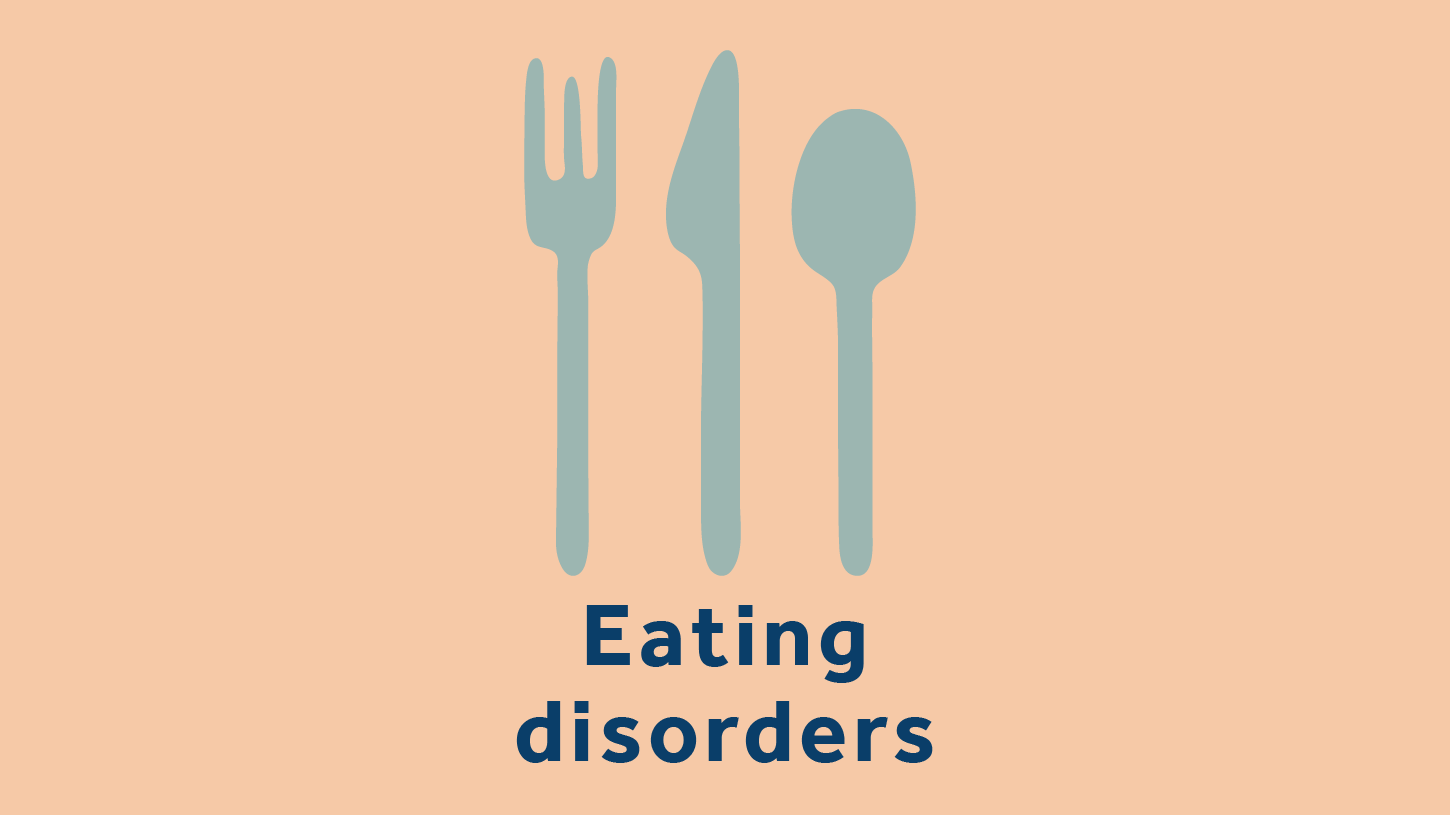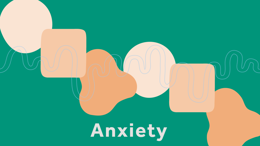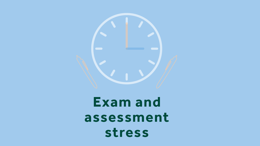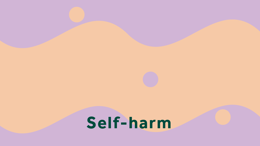Eating disorders: guidance for staff in further education colleges
Support and guidance for staff in further education colleges on the topic of eating disorders, sharing signs to spot, conversation starters and who else to involve.

Eating disorders are a type of serious mental health condition characterised by severe disturbances in eating behaviours. Individuals with eating disorders tend to use the control of food to manage distressing feelings and difficult situations.
Most eating disorders develop during adolescence – the average age of onset for anorexia nervosa is 16-17 years, and 18-19 years for bulimia nervosa. As such, college is a significant time for those struggling with eating disorders.
This resource covers topics including:
- the most common types of eating disorder
- why students may develop an eating disorder
- signs to spot in students
- how to start a conversation with a student if you're concerned
- who else to involve and signposting to further support
Using this resource
This resource is designed for:
- use by staff in further education colleges
Share your feedback with us
How would you rate this resource? (1-5 from poor to excellent)
Thank you for your feedback
Your input helps us improve and maintain the quality of our resource hub.
Sorry there was an error
Please try again later.
Related resources

Safe from bullying in further education colleges
This guidance outlines what bullying might take place in FE colleges, the steps that can be taken to...
View resource
Anxiety: guidance for staff in further education colleges
A detailed booklet of guidance for staff in further education colleges, sharing information on how...
View resource
Exam and assessment stress: guidance for staff in further education colleges
Information for college staff on how to identify if a student is struggling with exam and assessment...
View resource
Self-harm: guidance for staff in further education colleges
A detailed guidance booklet for college staff on the topic of self-harm, explaining how staff can...
View resource